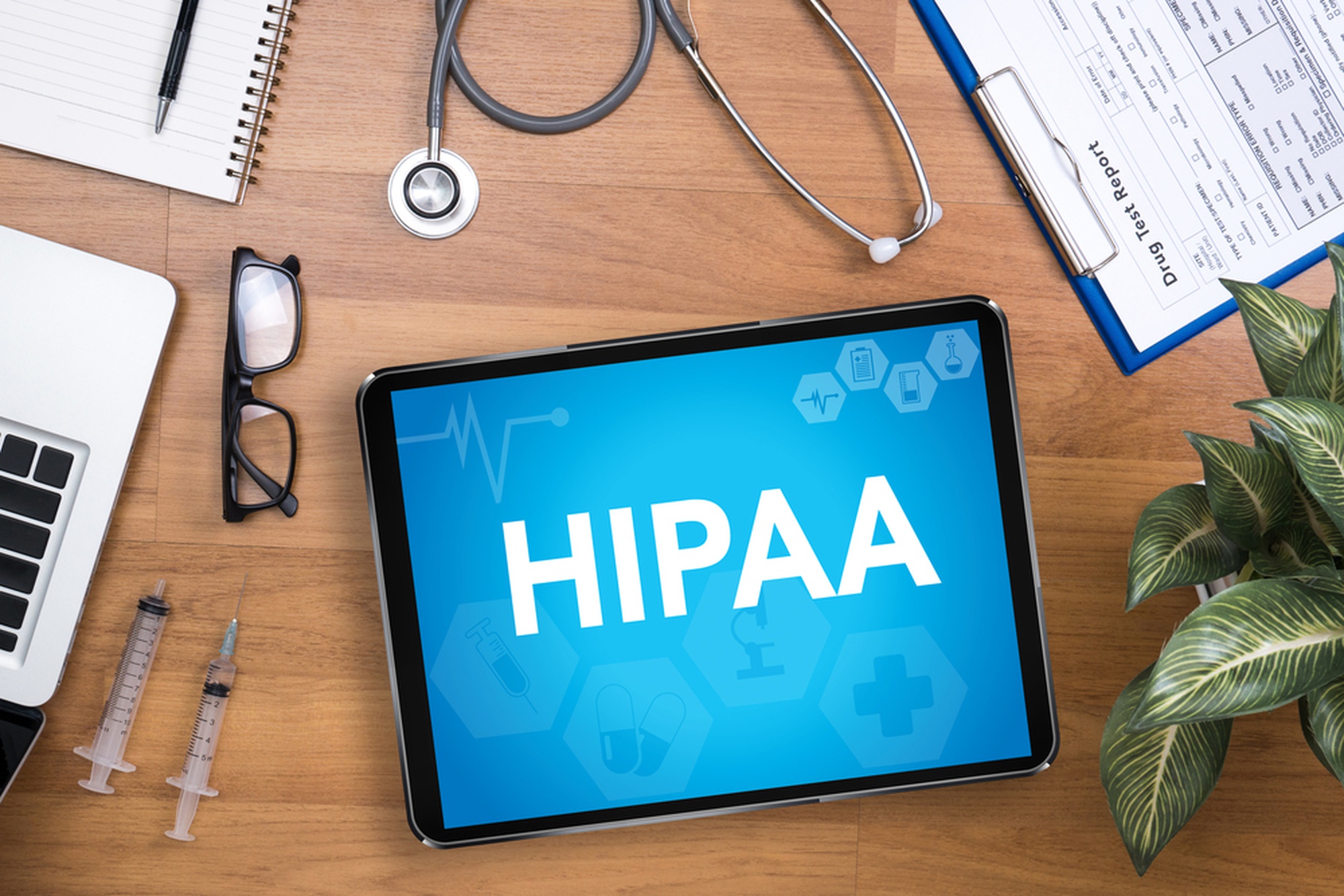Protection of sensitive information is a major concern in the digital age. This is true for organizations of all types. In the healthcare industry it is especially important to comply with the Health Insurance Portability and Accountability Act (HIPAA) has strict guidelines for the handling, storage, handling, and protection of protected health information (PHI). HIPAA compliance for healthcare organizations is vital to protect their credibility, ensure patient privacy and avoid fines.

HIPAA law covers health insurance providers and healthcare plans, as do healthcare clearinghouses. This also covers business associates who are covered by HIPAA. PHI is any information which can be used in the process to identify an individual. This includes addresses, names, credit card information, and social security numbers. PHI is of substantial black market value because of its potential use for identity theft.
The HIPAA Privacy rule provides guidelines for the use and disclosure of personal health information (PHI). To ensure the confidentiality, integrity and availability covered entities must apply policies and practices. The policies and procedures must contain access controls and security incident procedures security awareness training and other security measures. These entities are also bound to limit their usage and disclosure of personal data to the information needed to fulfill the intended goal.
The HIPAA Security Rule obliges covered entities to protect the integrity, confidentiality, and accessibility of ePHI by implementing appropriate and reasonable administrative, physical and technical security measures. These safeguards include audit and access controls along with integrity controls transmission safety, integrity controls, and contingency plans. The entities that are covered must periodically conduct risk assessments to find vulnerabilities and take mitigation measures.
The HIPAA Breach Notification Rule obliges covered entities to inform the affected patients, Secretary of Health and Human Services and in some instances media about any breach of PHI that is not encrypted. The Privacy Rule defines a breach to be the use, acquisition or disclosure of PHI that is not covered by the Privacy Rules, which affects privacy or security. Companies that are covered need to conduct a risk evaluation to determine the possibility that the PHI has been compromised and the potential harm that might result due to the breach.
HIPAA requires that all employees receive ongoing education and training to help them understand their responsibilities and obligations in relation to security and privacy of patients. The covered entities must also perform regular risk assessments in order to discover vulnerabilities and take mitigation measures. This may include implementing security controls, encryption of ePHI and devising a contingency plan in the case of a security breach.
The advancement of technology has had a significant impact on all aspects of our lives which includes health care. Electronic health records have proved revolutionary by enabling healthcare providers to manage and store the patient’s information in a seamless manner. HIPAA compliance is essential due to the numerous cyber-security risks that have been uncovered. The information of patients must be secure at all times. The ever-rising threat of cyberattacks on healthcare organizations makes HIPAA is more critical than ever. HIPAA protects confidentiality and security of patient information. It builds trust between healthcare providers.
HIPAA compliance can help healthcare facilities keep patient privacy secure while maintaining the trust of patients. HIPAA infractions can be the cause of fines ranging from $0 to $100,000, legal action and damage to your reputation. The Department of Health and Human Services’ Office for Civil Rights (OCR) is accountable in enforcing HIPAA regulations. They also have the power to investigate complaints as well as conduct compliance audits.
HIPAA compliance in the current digital age is essential for healthcare providers. The regulations set forth by HIPAA set out specific guidelines for the handling storage, handling and protection of protected health information. Healthcare organizations must ensure that they are following policies and procedures that comply with HIPAA regulations, conduct regular risk assessments, and provide continuous training and education for employees. If they do this they will be able to maintain the trust of their patients as well as avoid costly penalties and legal action.
For more information, click why is hipaa important

